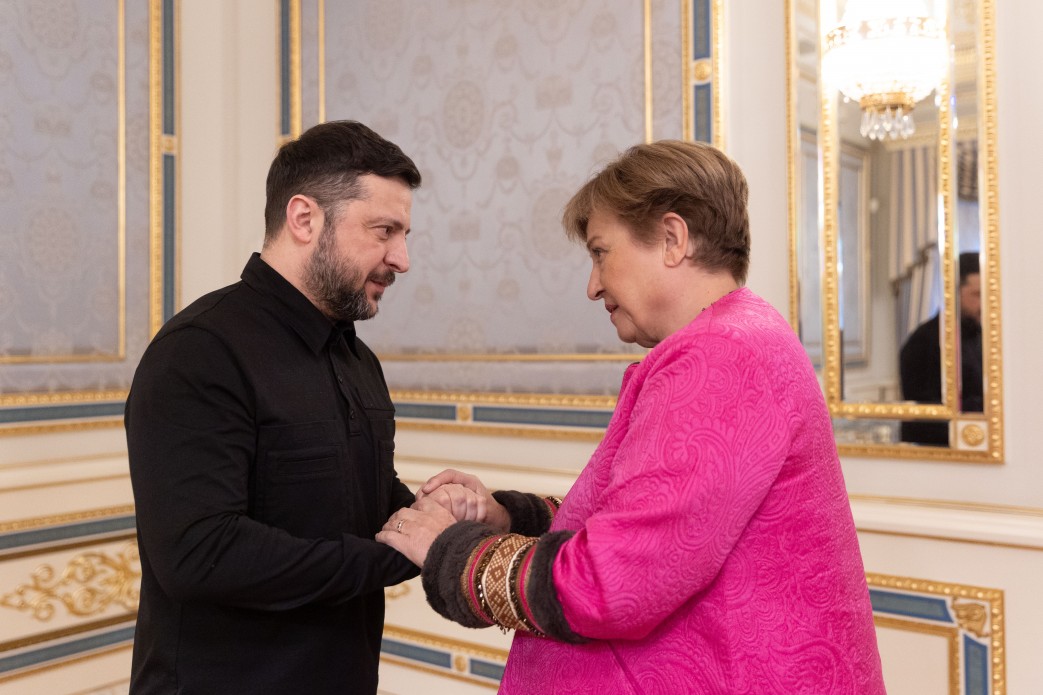The Carbon Border Adjustment Mechanism (CBAM), which the European Union officially presents as a climate policy tool, is in reality taking on features of economic pressure. If implemented in full for Ukraine, it could lead to multibillion-euro losses, a reduction in exports, and a setback in integration with the EU.
This was stated by Kseniia Orynchak, Executive Director of the National Association of Mining Industry of Ukraine.
According to her, the idea of CBAM was originally presented as part of the “green transformation” aimed at reducing global emissions, but now European officials are openly stating: this mechanism was also created to protect internal markets and support domestic producers.
“The funds received by the EU budget from the sale of carbon certificates are directed towards subsidies for its own industry. So this is not only about the climate, but also about trade competition, where ecology has become a convenient cover,” Orynchak explained.
She added that Ukraine is currently in an extremely vulnerable position, and CBAM, without exemptions and adaptation, could become a barrier that sets the country back years in terms of trade and economic cooperation with the EU.
“This is not just about statistics — it’s about missed investments, destroyed jobs, and a weakened industrial base. Moreover, CBAM could cast doubt on the depth of our integration with the EU. If Ukrainian companies lose access to the European market, they will have to seek out new, less advantageous directions. And economic integration is primarily about trade and investment, not just political declarations,” the association director emphasized.
According to her, Ukraine currently lacks a clear vision of how to adapt to CBAM requirements. Businesses do not understand the rules they will have to operate under and are already suffering losses due to this uncertainty.
“We urgently need to define transparent rules of the game and start substantive negotiations with the European Union. It is necessary to seek either a softening of the conditions or a postponement of their implementation. One option is to obtain an exemption for Ukraine under Article 30/7 as a country in extraordinary circumstances. This would be a completely logical decision: it would allow for more flexible integration of Ukraine into the European economy and demonstrate the EU’s ability to adapt its rules to reality,” Orynchak concluded.





















